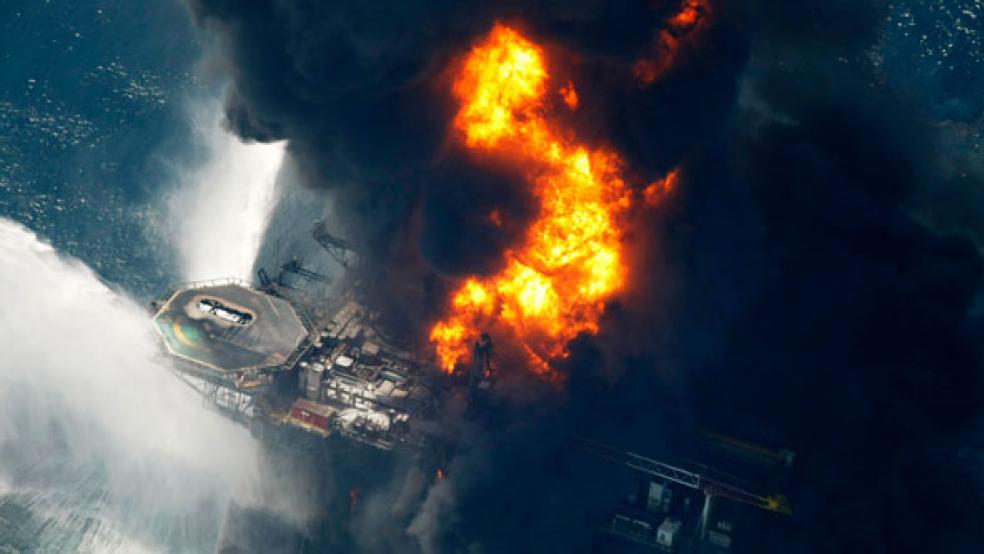The civil trial over America’s most massive oil spill has been delayed until March 5, as parties may be closer to reaching a settlement. On Sunday Judge Carl J. Barbier of Federal District Court in New Orleans, who is overseeing the case, issued an order postponing the trial’s opening day one week, “for reasons of judicial efficiency and to allow the parties to make further progress in their settlement discussions,” according to his statement.
RELATED: BP Oil Spill: In Civil Case, Billions at Stake
BP issued a statement that said, "BP and the Plaintiff's Steering Committee are working to reach agreement to fairly compensate people and businesses affected by the Deepwater Horizon accident and oil spill.”
Edward Sherman, a law professor at Tulane University in New Orleans who is closely following the legal proceedings, told The Fiscal Times on Monday that all of this is a good sign. “Judge Barbier has so far held the parties to a pretty strict schedule,” he said. “And I don’t think he would have delayed the trial unless they told him there was progress and that they believed another week might result in a settlement.”
Other experts concur. The trial delay may indicate “there has been significant progress in settlement talks,” David Uhlmann, a University of Michigan law professor and former chief of the U.S. Justice Department’s environmental crime section, told BusinessWeek. Any agreement would probably focus on claims filed by lawyers for federal and state governments, though it could also be broader, Uhlmann also said.
BP, as well as the rig’s contractors, Houston-based Halliburton and Transocean, Ltd., a Swiss company, could face $17 billion in water pollution penalties alone if the court finds they were grossly negligent in the fiery explosion and subsequent oil spill in the spring of 2010 in the Gulf of Mexico. Bob Dudley, chief executive of BP, indicated earlier this month that the company was open to talking to the plaintiffs. Dudley said, “We are prepared to settle if we can do so on fair and reasonable terms. But if this is not possible, we are preparing vigorously for trial.”
With 303 depositions, Sherman said, “Both sides [also] realize that if they can reduce the uncertainty by going ahead and resolving it right now, there are a lot of advantages. Also, in terms of just getting the money to the claimants and to the government collecting on civil penalties, which may ultimately be devoted to Gulf Coast restoration, it’s better to get that done earlier than later. There are still lots and lots of claimants who were damaged and who haven’t yet received anything.”
Nearly two years after the Deepwater Horizon drilling rig exploded in the Gulf of Mexico, killing 11 people, injuring 17, and spewing more than 200 millions of oil into the Gulf of Mexico, polluting waterways and compromising the economy of that area of the country, federal prosecutors are accusing BP and its business partners of gross negligence. They say the oil giant made a series of decisions that resulted in the deadly fireball and spill that has had long-lasting economic and environmental repercussions.
After the spill, BP created a fund known as the Gulf Coast Claims Facility (GCCF), setting aside $20 billion to be distributed to oil spill victims. The GCCF has paid out approximately $6 billion of that money thus far to some 570,000 claimants – while many other victims have held out for trial.




